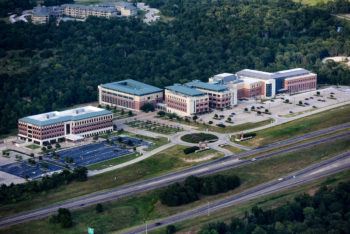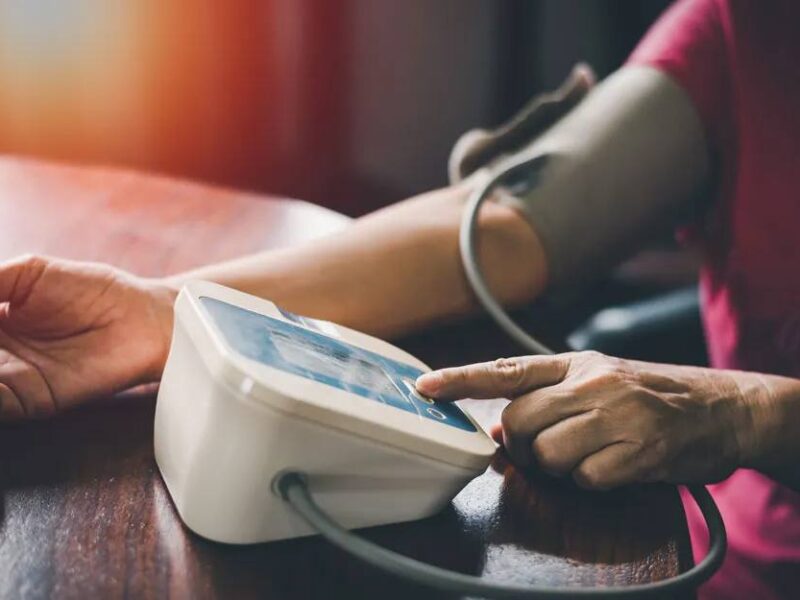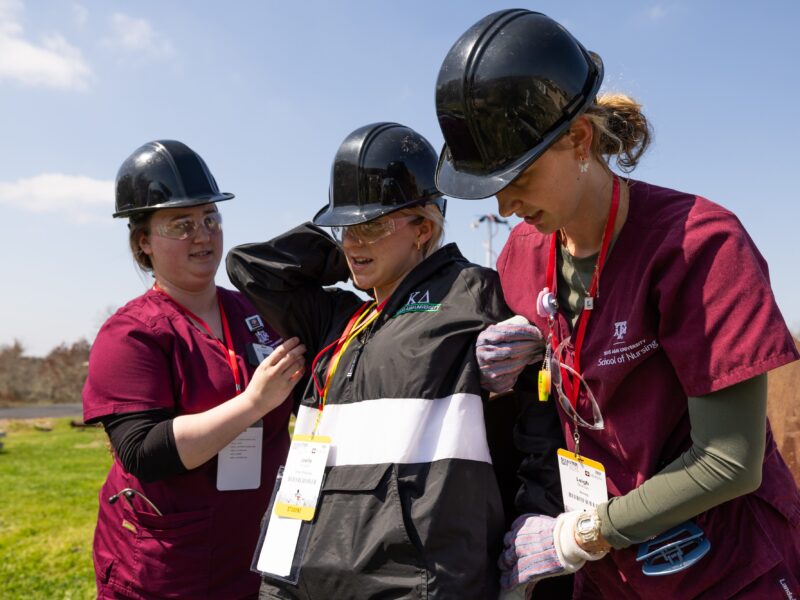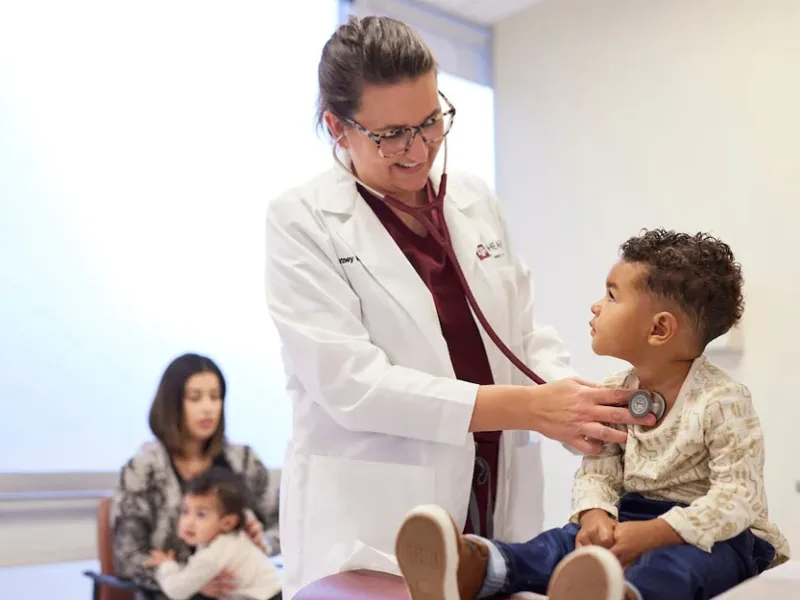Texas A&M Health Gains ‘Superhub’ Status

The Texas A&M University Health Science Center (Texas A&M Health) became a Project ECHO superhub this month, joining the ranks of just 25 organizations with the designation worldwide. As a superhub, Texas A&M is authorized to train new ECHO hubs and provide technical assistance and support as they grow their programs.
Project ECHO (Extension for Community Healthcare Outcomes) is a knowledge-sharing model that was developed at the University of New Mexico to solve health care challenges, particularly in rural and under-resourced areas. The model is the brainchild of Dr. Sanjeev Arora, a liver disease specialist who sought to address the overwhelming shortage of physicians equipped to treat hepatitis C in New Mexico.
“Every year, millions of people around the world die of diseases that are preventable, treatable and even curable because the health care providers in their communities don’t have the knowledge and expertise needed to address their conditions,” said Arora, founder and director of Project ECHO. “We are incredibly proud that Texas A&M will be working with us to address the world’s greatest challenges as an ECHO superhub.”
Arora created a virtual “community of practice” where primary care doctors could learn from experts and each other and discuss real-life cases in order to master the complexity of treating hepatitis C in their local communities. Since then, the ECHO model has been leveraged to affect change in diverse disciplines — ranging from HIV and COVID-19 to early childhood education and journalism — around the world.
ECHO “hubs” are sites that facilitate ECHO programs. Superhubs are sites that are authorized to train even more hubs, accelerating the spread of specialized knowledge at an exponential rate. They are vetted, have a high degree of fidelity to the ECHO model and have the teaching capability and expertise to provide quality, immersive training and continuous mentorship. Texas A&M is one of seven universities authorized as a superhub.
Texas A&M Health uses the ECHO model to facilitate knowledge-sharing across a number of health challenges. Since 2019, the A&M Rural and Community Health Institute (ARCHI) has used ECHO to help rural hospitals, often vulnerable to closure, continue to provide access to health care services. This work has reached hospitals and communities across 16 time zones, from Maine to the Northern Mariana Islands. The ECHO model is also used in the institute’s Patient Safety Organization, a resource for hospitals and health care providers to improve patient safety and health care quality.
“Most ECHOs are used for a specific disease, such as hepatitis, dermatology, diabetes and cancer. Our disease state is what keeps hospital CEOs up at night,” said Bree Watzak, director of rural access programs at ARCHI. “It’s not a recognized diagnosis code, but it’s a proxy marker for rural hospital struggles. So, we took the ECHO model and adapted it to fit our unique needs. Our ‘cases’ are the challenges our participants are experiencing that week. Participants harness the brainpower in the room, from their peers and the subject matter experts. It’s that ability to share their struggles and exchange ideas with other hospital CEOs in a non-competitive, non-judgmental environment that makes it a favorite activity.”
Because of the impact ARCHI has achieved by applying the ECHO model, they’ve been able to help other groups at Texas A&M Health use the format to address additional health care challenges. The Opioid Task Force established the first Texas-based opioid-centered ECHO program to help health care providers across the state address the opioid epidemic for their patients and increase rural access to care. In addition, the College of Nursing developed ECHO-SAFE, through which the Texas Teleforensic Remote Assistance Center (Tex-TRAC) team supports health care providers in emergency departments conducting sexual assault forensic medical exams. Most recently, ARCHI has used ECHO to combat the spread of COVID-19 in nursing homes.
Since 2019, Texas A&M Health has served 3,212 people through ECHO programs, a reach that will grow exponentially through the impact made by new hubs the university trains.
“It’s really good for rural health care, which is why Dr. Arora started it—to elevate health care in rural areas, and save miles and time. And that really does align well with Texas A&M Health and the land-grant history of Texas A&M,” Watzak said.
This article by Lindsey Hendrix originally appeared on Vital Record.





